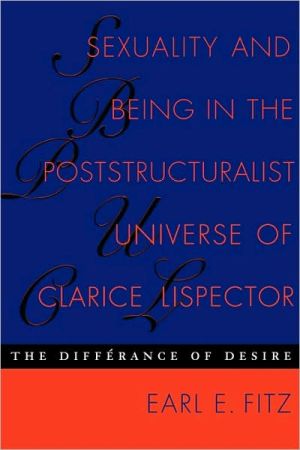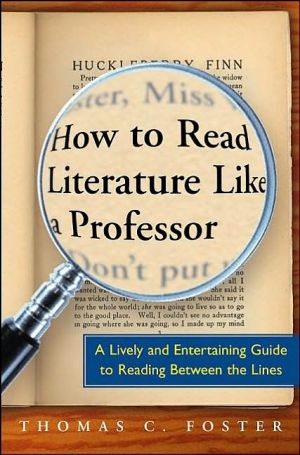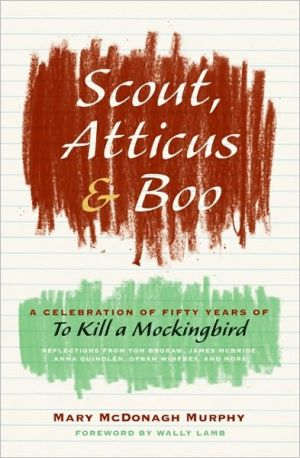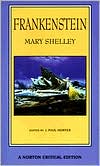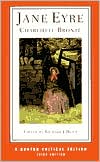Sexuality And Being In The Poststructuralist Universe Of Clarice Lispector
Driven by an unfulfilled desire for the unattainable, ultimately indefinable Other, the protagonists of the novels and stories of acclaimed Brazilian writer Clarice Lispector exemplify and humanize many of the issues central to poststructuralist thought, from the nature of language, truth, and meaning to the unstable relationships between language, being, and reality. In this book, Earl Fitz demonstrates that, in turn, poststructuralism offers important and revealing insights into all aspects...
Search in google:
"Fitz is a well-established scholar whose work on Lispector is highly respected, and this is a well-focused and very knowledgeable study. One of the things I particularly like about this book is that it makes a case for reading Lispector in the light of poststructuralist theory without overwhelming the reader."--Debra A. Castillo, Professor of Romance Studies and Director of Latin American Studies Program, Cornell UniversityDriven by an unfulfilled desire for the unattainable, ultimately indefinable Other, the protagonists of the novels and stories of acclaimed Brazilian writer Clarice Lispector exemplify and humanize many of the issues central to poststructuralist thought, from the nature of language, truth, and meaning to the unstable relationships between language, being, and reality. In this book, Earl Fitz demonstrates that, in turn, poststructuralism offers important and revealing insights into all aspects of Lispector's writing, including her style, sense of structure, characters, themes, and socio-political conscience. Fitz draws on Lispector's entire oeuvre--novels, stories, crônicas, and children's literature--to argue that her writing consistently reflects the basic tenets of poststructuralist theory. He shows how Lispector's characters struggle over and humanize poststructuralist dilemmas and how their essential sense of being is deeply dependent on a shifting, and typically transgressive, sense of desire and sexuality.New York Review of BooksDrawing on Lispector's entire oeuvre- novels, stories, cronicas, and children's literature. Fitz demonstrates that post structuralism offers important and revealing insights into all aspects of Lispector's writing, including her style, sense of structure, characters, themes, and sociopolitical conscience.
AcknowledgmentsIntroduction1Ch. 1Clarice Lispector and the "Writing" of Poststructuralism15Ch. 2A Semiotics of Being: Style, Structure, and Meaning in a Poststructural Key35Ch. 3The Erotics of Being: Self, Other, and Language62Ch. 4Characterizations, Relationships, and States of Being: Feminine, Masculine, Androgynous, and Nongendered88Ch. 5From l'Ecriture Feminine to Litterature Engagee to Writing the (Semiotic) Body (Politic): The Sociopolitical Dimension of Lispector's Textes122Ch. 6Psychoanalysis and the Poststructural Anxieties of the Lispectorian Universe155Conclusion187App. 1The Works of Clarice Lispector193App. 2: In-Text Abbreviations196Notes199Bibliography223Index237
\ New York Review of BooksDrawing on Lispector's entire oeuvre- novels, stories, cronicas, and children's literature. Fitz demonstrates that post structuralism offers important and revealing insights into all aspects of Lispector's writing, including her style, sense of structure, characters, themes, and sociopolitical conscience.\ \
